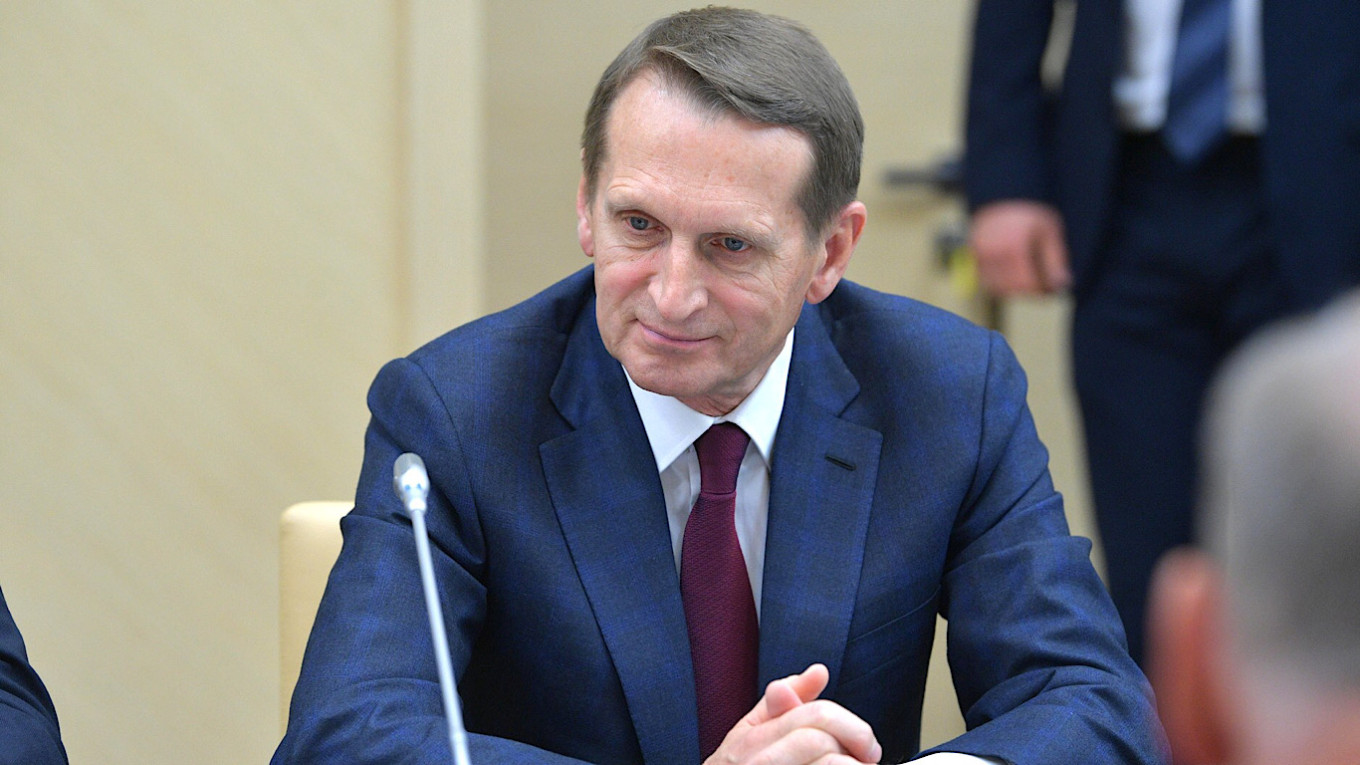The Register: Putin’s trolls return with AI-powered media fakes — and a Florida ex-cop at the helm

A sprawling Russian disinformation network tied to a former Florida sheriff’s deputy has resurfaced in 2025 with over 200 newly created fake news websites. Backed by Russia’s military intelligence agency and powered by artificial intelligence, the network is using fabricated news, forged documents, and deepfakes to push pro-Kremlin and pro-Trump narratives to voters in the United States, Canada, and Europe, The Register reports.
Russian troll farm floods the web with fake media outlets
Researchers from Recorded Future’s Insikt Group published new findings on 18 September 2025, revealing that a known Russian propaganda operation known as CopyCop—or Storm-1516—has launched over 200 new websites this year alone. These sites serve up political disinformation using self-hosted large language models based on Meta’s Llama 3. The AI-generated content is designed to mimic local journalism, while pushing Russian-aligned narratives and targeting political figures across multiple countries.
According to the researchers, the GRU “almost certainly” finances the infrastructure powering the network’s LLM servers, which are used to rewrite content from real media sources, generate false articles, and produce deepfakes targeting high-profile political figures in the US, France, Ukraine, and beyond.
From Harris as a rhino poacher to forged Zelenskyy documents
The same disinformation network previously posted a bizarre video falsely accusing then-Democratic presidential candidate Kamala Harris of being a rhino poacher in the run-up to the 2024 US election.
In 2025, the network is continuing these tactics. One site—clearstory[.]news—published a fake story in March accusing Ukrainian President Volodymyr Zelenskyy of using US taxpayer money to pay journalists to portray US President Donald Trump negatively. The article cited what Insikt Group believes to be a forged document on official Ukrainian presidential letterhead. This story was one of several allegedly rewritten using an AI model.
Six of the fake media websites have already made appearances on social media: allstatesnews[.]us, capitalcitydaily[.]com, fldaily[.]news, silvercity[.]news, usatimes[.]news, and wval[.]news. While most of these mimic local US news outlets, the content often focuses on international issues, especially Russia and Ukraine.

Moldova elections: Russia’s spy agency pushes conspiracy of planned NATO “occupation”
Fake fact-checkers, political parties, and separatists
Since January, researchers have tracked sites pretending to be local media or political organizations in the US, France, Canada, Norway, and Armenia. Some sites present themselves as fact-checkers writing in Turkish, Ukrainian, or Swahili. Of the 200 sites created this year, 35 were registered in January but only detected by Insikt Group in April. These, the researchers say, were “almost certainly designed for engaging US-based audiences.”
In addition to targeting the US and Europe, the disinformation network appears to be expanding into Canada. Two new sites—albertaseparatist[.]com and torontojournal[.]ca—tap into growing separatist sentiment in Alberta, seeking to polarize the Canadian public along political lines.
Federal protections weakened as election threats grow
The report comes amid growing concern about the federal government’s reduced efforts to combat online disinformation. US Homeland Security Secretary Kristi Noem has significantly cut the Cybersecurity and Infrastructure Security Agency’s (CISA) work on election-related disinformation, leaving state-level election workers without federal support as they prepare for the 2026 midterms.
Insikt Group’s Director of Global Issues, Matt Mooney, told The Register that the Kremlin’s intent is clear:
“CopyCop’s substantial expansion of infrastructure demonstrates intent to persist and evolve in the global information environment.”
